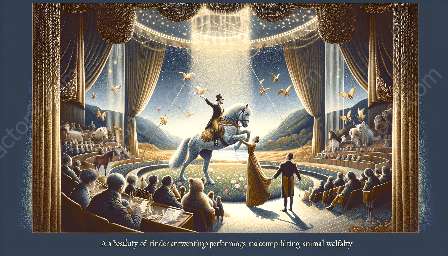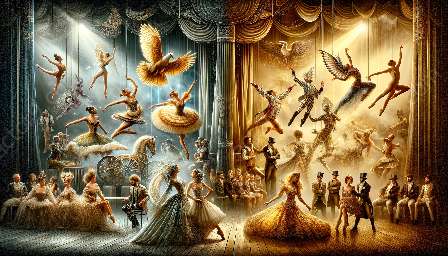Juggling is not just a circus art; it also offers numerous psychological benefits. Learning to juggle can enhance cognitive function, reduce stress, and boost self-confidence, among other positive effects.
The Cognitive Benefits of Juggling
When individuals learn to juggle, they are engaging in a complex task that requires hand-eye coordination, focus, and concentration. As a result, this activity can enhance cognitive function in various ways. Research has shown that juggling can lead to improved brain connectivity and reasoning skills. The process of learning and practicing juggling can also contribute to better attention control and multi-tasking abilities.
Juggling as a Stress Reliever
In addition to its cognitive benefits, juggling has been found to be an effective stress reliever. The rhythmic and repetitive nature of juggling can have a calming effect on the mind, similar to the practice of meditation. By focusing on the movements and patterns of juggling, individuals can experience a reduction in stress and anxiety levels.
Boosting Self-Confidence through Juggling
Learning a new skill like juggling can significantly boost self-confidence. As individuals progress in their juggling abilities, they experience a sense of accomplishment and mastery, leading to increased self-esteem and self-efficacy. Overcoming the initial challenges of juggling and mastering new tricks can also instill a positive mindset and a can-do attitude.
Juggling and Mindfulness
When practicing juggling, individuals are encouraged to remain present and focused on the task at hand. This promotes mindfulness, which has been linked to various psychological benefits such as reduced rumination and improved mood. The meditative aspect of juggling can provide a mental escape from daily stressors and promote a sense of inner peace.
The Psychology of Circus Arts
The psychological aspects of juggling are closely related to the broader field of circus arts. Circus arts encompass a wide range of skills and performances that require discipline, creativity, and perseverance. Individuals involved in circus arts often develop resilience, adaptability, and a strong sense of teamwork, contributing to their overall psychological well-being.
Conclusion
From cognitive enhancements to stress relief and increased self-confidence, learning to juggle offers a multitude of psychological benefits. By exploring and practicing juggling and circus arts, individuals can tap into these positive effects, ultimately improving their mental and emotional well-being.


































